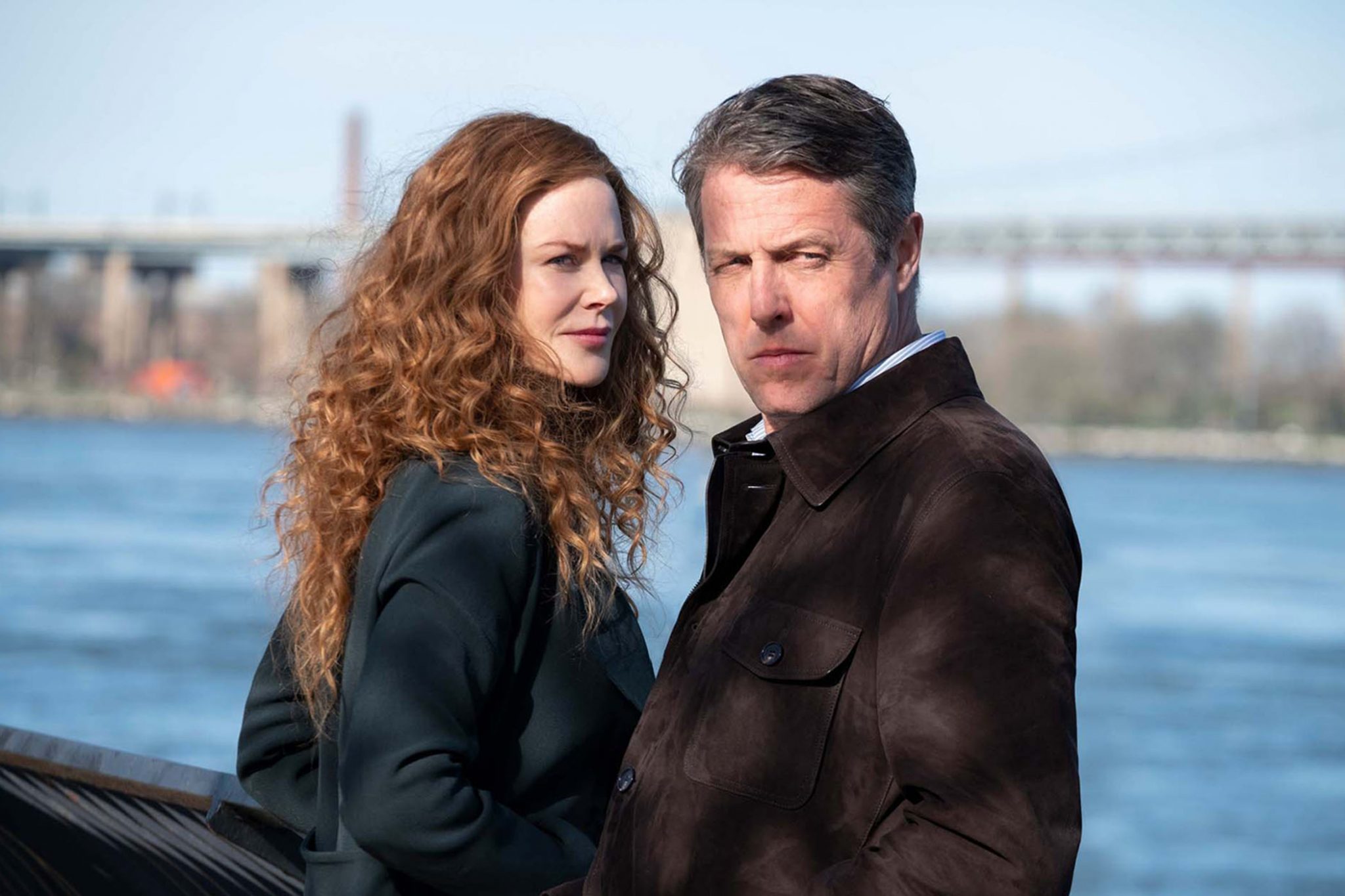By Barb Oates
HBO’s newest six-part limited series The Undoing (beginning Sunday, Oct. 25) is based on the Jean Hanff Korelitz bestseller You Should Have Known and finds Big Little Lies producer and writer David E. Kelley teaming with Emmy- and Oscar-winning director Susanne Bier (The Night Manager) in a gripping whodunit about wealth, ego, marriage and deceit.
Only slightly reminiscent of Kelley’s Big Little Lies in returning to a world of privilege — and with Nicole Kidman in the lead — here we are introduced to Grace Fraser (Kidman), a successful therapist living the ideal NYC Upper East Side life along with her renowned pediatric oncologist husband Jonathan (Hugh Grant), her adoring son Henry (Noah Jupe) and her wealthier-than-wealthy father (Donald Sutherland).
Their perfect life implodes when an acquaintance of theirs is found brutally murdered, and their carefully constructed world starts to unravel.
Bier, who directs all six episodes, was immediately captivated by the story and how it explored human nature and the psychology behind the lies we tell ourselves. The book serves as the base for the first two episodes, and from there Bier crafted a unique story around the complexities of these characters.
“I found it so seductive and thrilling, as it struck a chord with the questions in which it asks, ‘in who we can trust,’ ” she tells us from her home in Denmark. “The topic of truth is so very identifiable in that we’ve all been in situations where truths are questioned and people interpret things in varying ways.”
Hallmarks of Bier’s style include her obsession over nuanced details and her openness to letting a scene play out, from extreme close ups to one of her favorite scenes that found Kidman sitting next to Sutherland at the piano. Having six hours to unfold the story offered her the opportunity to build on each of the characters’ stories and set an atmosphere of unpredictability. Just when you think you understand Grace or Jonathan, the next episode takes you down an entirely different direction of self-doubt.
“Having moments between characters that are really distinct, then later negating those moments, makes the story so much more exciting and unpredictable,” Bier says.

